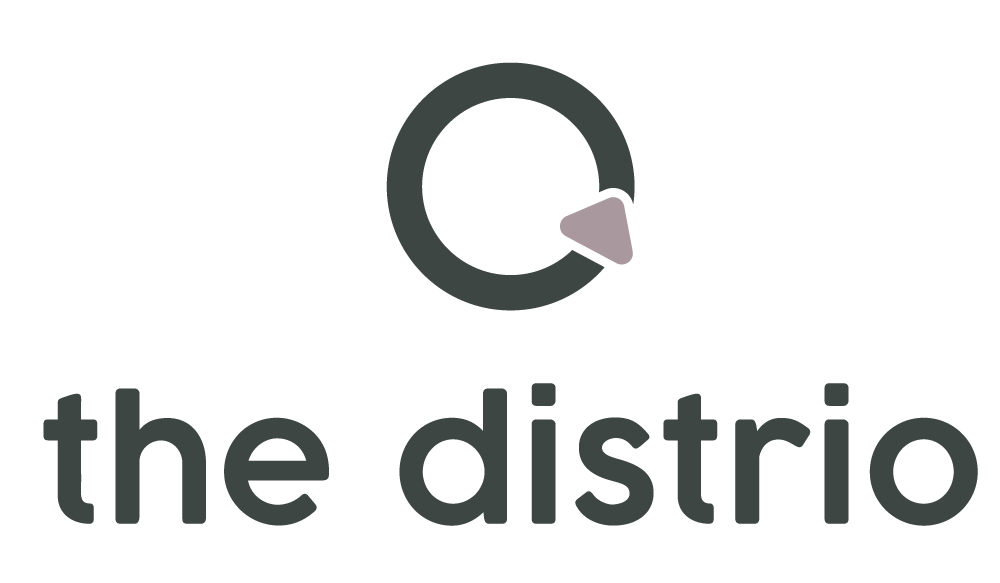
(YOUR BRAND) + CHAOS
= ACCESS TO REGULATED GLOBAL MARKETS
The Distrio enables the global trade in regulated cannabis and hemp products by supporting all aspects of product development from seed to sale. Whether you are marketing raw materials to manufacturers, or seeking shelfspace for CPG finished goods, we can facilitate the movement of your products across complex international supply chains.
The Distrio team combines hands-on experience in cannabis and hemp product development, international regulatory compliance, and quality assurance with deep skills in commercial technology operations to provide a managed service for your business. Please send us a note (or give me a shout), if you are looking for help in navigating the chaos of the global cannabis and hemp trade.
Cheers,
Sean Karl, Managing Director
m. 778-839-5855